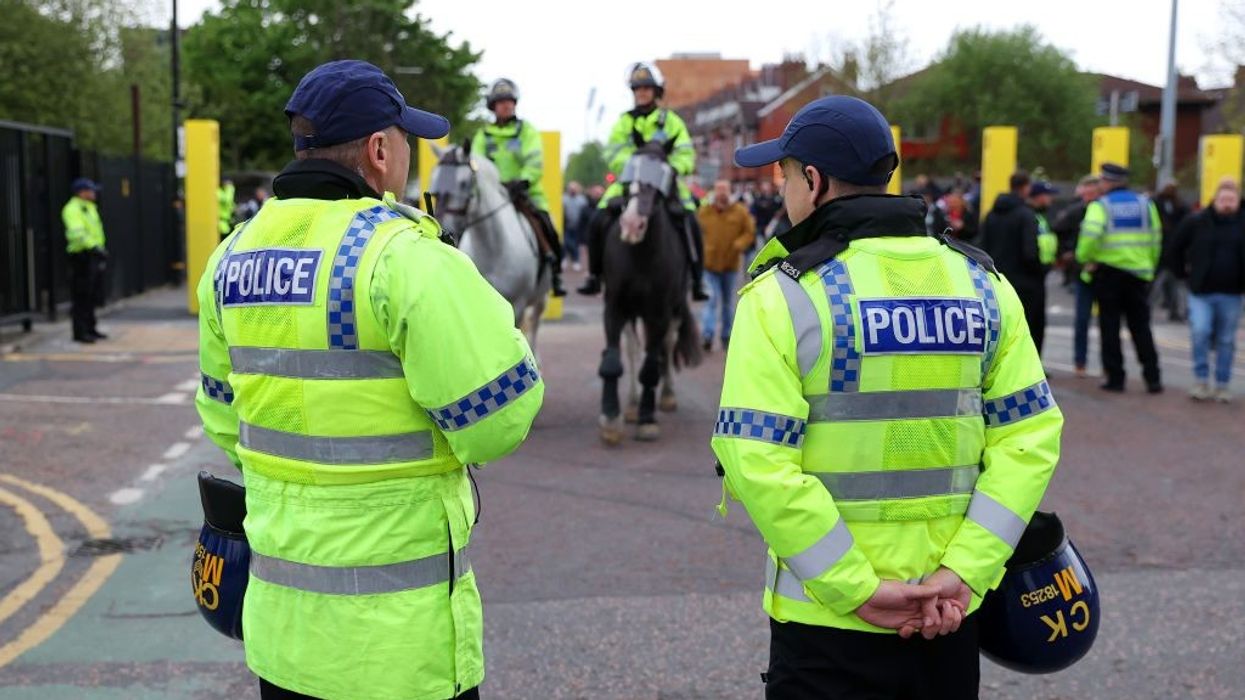POLICE forces across the UK have been instructed to consider disclosing the ethnicity and nationality of suspects charged in high-profile and sensitive cases, under new national guidance aimed at improving transparency and reducing the spread of misinformation.
The direction, issued jointly by the National Police Chiefs’ Council (NPCC) and the College of Policing, came into immediate effect on Wednesday (13).
It advised that forces should release details of a suspect’s background when there is a clear policing purpose, such as tackling false information surrounding an incident or when public safety might be at risk.
Deputy chief constable Sam de Reya, the NPCC lead for communications and media, said the change was designed for “an age of social media where information spreads rapidly — and often inaccurately”.
She added that recent high-profile cases and last summer’s disorder had shown the real-world consequences of what police choose to release. “It is essential that we fill information vacuums with accurate facts of wider public interest,” she explained.
Until now, police communications have typically named suspects, given an age, and provided an address upon charge, without any specific requirement to release nationality, ethnicity, or immigration status.
Decisions on providing such details have been left to individual forces, leading to varied approaches and criticism in some cases.
One of the most prominent recent examples involved two men charged over the alleged rape of a 12-year-old girl in Nuneaton last month. Reports suggested they were Afghan asylum seekers, but this was not officially confirmed by Warwickshire Police, which followed the existing guidance at the time.
The absence of confirmation prompted claims of a “cover-up” from political figures, including Reform UK’s Nigel Farage. The incident led home secretary Yvette Cooper to call for “more transparency” in such matters. Riots related the Southport killings last year also weighed heavily in the background to this change.
In that case, the absence of early official information about the suspect’s background allowed false claims to spread online, including that the attacker was a Muslim asylum seeker, and riots followed in several parts of England and Northern Ireland.
An independent review later said this misinformation had played a role in sparking disorder. By contrast, Merseyside Police in May quickly confirmed that a man arrested after driving into crowds during Liverpool FC’s Premier League victory parade was a white British national — a move widely credited with quelling speculation about terrorism.
According to reports, the updated guidance said forces should weigh legal, ethical, and fairness concerns before releasing details, with the final decision resting locally.
The NPCC stressed that nothing should be made public if it risks prejudicing a fair trial. The responsibility for verifying a suspect’s immigration status remains with the Home Office, which has said it will authorise the release of such information when “appropriate to do so” at the request of police.
A Home Office spokesperson said both the public and police wanted greater clarity on when and why such details are made available, as well as legitimate reasons for withholding them.
Policing minister Dame Diana Johnson has welcomed the new rules as “a positive step” towards being more open with the public, while underlining the importance of protecting due process. “We want [police] to be as open as possible,” she said, but not in a way that could prejudice a trial.
She noted that the current practice of publishing names and addresses when suspects are charged will now be extended to include nationality and ethnicity, unless there is a strong reason not to do so.
While the move has been applauded by some campaigners and former prosecutors as a way to build trust and counter false stories, others have raised concerns.
Critics warn the guidance could put extra pressure on forces to reveal details in every case, potentially stoking community tensions.
Former Metropolitan Police chief superintendent Dal Babu described a “damned if you do, damned if you don’t” situation, saying the expectation to disclose could spark speculation when information is withheld.
Some anti-racism campaigners have also expressed fears that linking crime stories to ethnicity or migration status could fuel prejudice, and they argue that care must be taken to avoid stigmatising communities.
The NPCC insisted the approach is about balance. De Reya said good policing involved “proactively sharing facts to prevent the vacuum that breeds false narratives”, and that communication practices must be fit for the speed and reach of modern media.
Reports revealed that the guidance will be reviewed later in the year.





